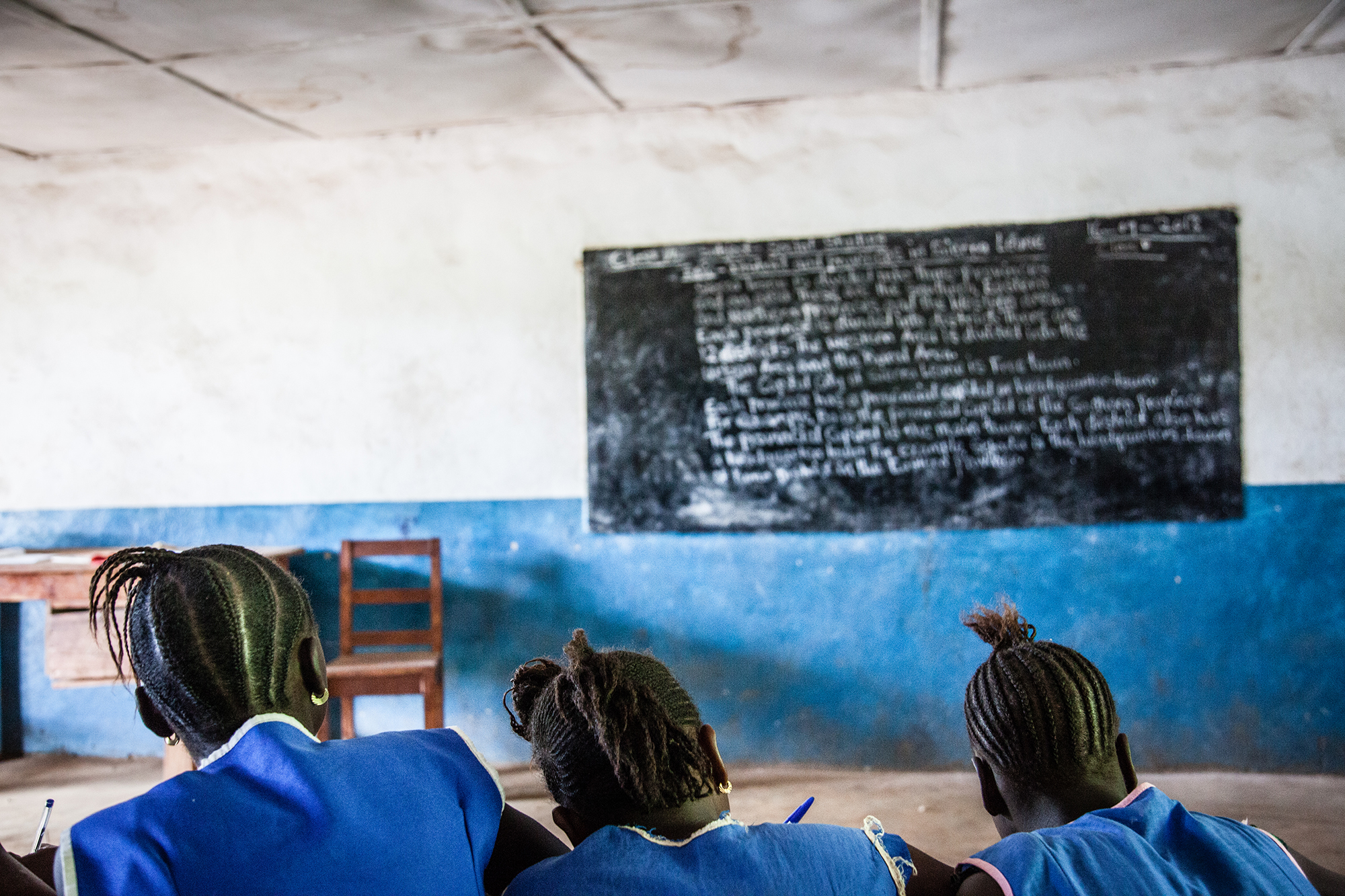
Education is a human right. It is both a right in itself and also a pathway to the enjoyment of other rights. Education is also an inalienable right for every child, and every child deserves the opportunity to receive one.
The education of young people is critical in ensuring youth—and society at large—can enjoy all their human rights. This is especially true for girl children. Educating girls has dramatic effects not only on the girl herself, but also on her broader society.
Educating girls reduces maternal mortality, reduces levels of malnutrition, reduces adolescent pregnancy, delays and prevents early marriage, and improves economic stability. At the same time, girl children, globally, are less likely to be enrolled in school than boy children and are more vulnerable to violence and discrimination in school.
That’s why this 16 Days of Activism Against Gender-Based violence, Amnesty International and other organizations around the world are working to make education safe for all!
Equal access to a safe education is a critical right for all children, but for girl children this right is often denied. This 16 Days, we’ll be highlighting the critical role of education for girls, and how you can help ensure all girls can access their rights to equal, safe education.
Take Sierra Leone, for example, where every child has the right to an education… unless, that is, you’re a girl—then it depends on your pregnancy status.
This April, the Ministry of Education, Science, and Technology in Sierra Leone issued a statement banning pregnant girls from mainstream education. As a result, thousands of pregnant girls are excluded from mainstream schools and barred from sitting in upcoming exams.
The ban on visibly pregnant girls attending mainstream schools and sitting exams violates their right to education and to non-discrimination. Education is being treated as a privilege that can be taken away as punishment, rather than as a right of all children, regardless of their pregnancy status. The policy is also blatantly discriminatory, and is founded in, and reinforces, negative stereotypes about girls.
Even more concerning is that the ban is enforced in humiliating and degrading ways that stigmatize and traumatize girls and threatens their physical integrity and privacy. One 18-year-old girl told Amnesty International how all girls were checked by teachers before they were allowed to sit an exam:
“They touched our breasts and stomachs to see if we were pregnant. Some girls were made to take urine tests. One of the teachers was wearing gloves when she was checking us. I felt really embarrassed when this happened to me. Many girls left as they were scared the teachers would find out they are pregnant. About 12 pregnant girls did not sit their exams.”
Punishing pregnant girls by denying them education is discriminatory and unlawful, and it puts already vulnerable girls at increased risk; it’s even more disturbing when considering that many adolescent pregnancies result from rights violations including failure to protect girls from sexual violence. What’s more, sex education in schools in Sierra Leone is limited and was removed from the curricula after the war over a decade ago, meaning that the government is first failing in its human rights obligations to provide adequate sexual and reproductive health education and then punishing girls for that failure.
We hope you’ll join us in calling on the government of Sierra Leone to guarantee girls’ human rights to non-discrimination and education by immediately lifting the ban.
Join us this 16 Day of Activism Against Gender-Based Violence; follow our blog series and learn how you can ensure all girls have the right to education.
